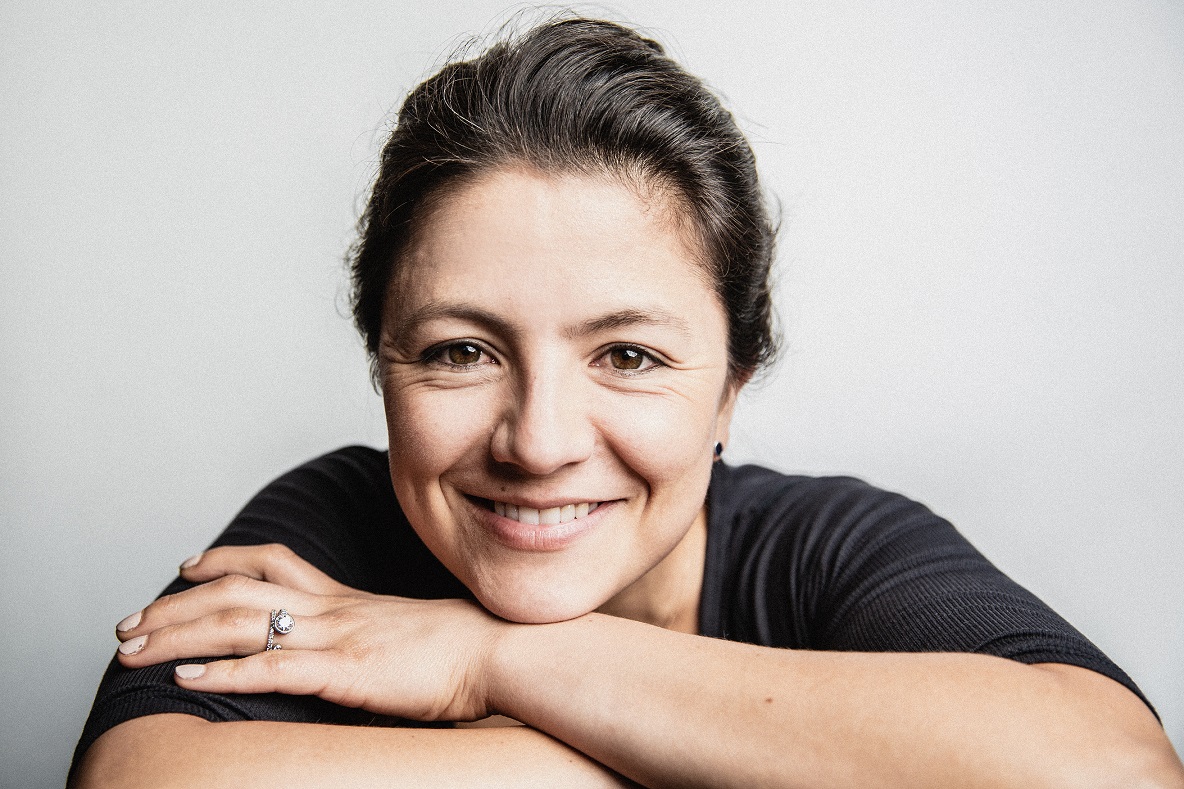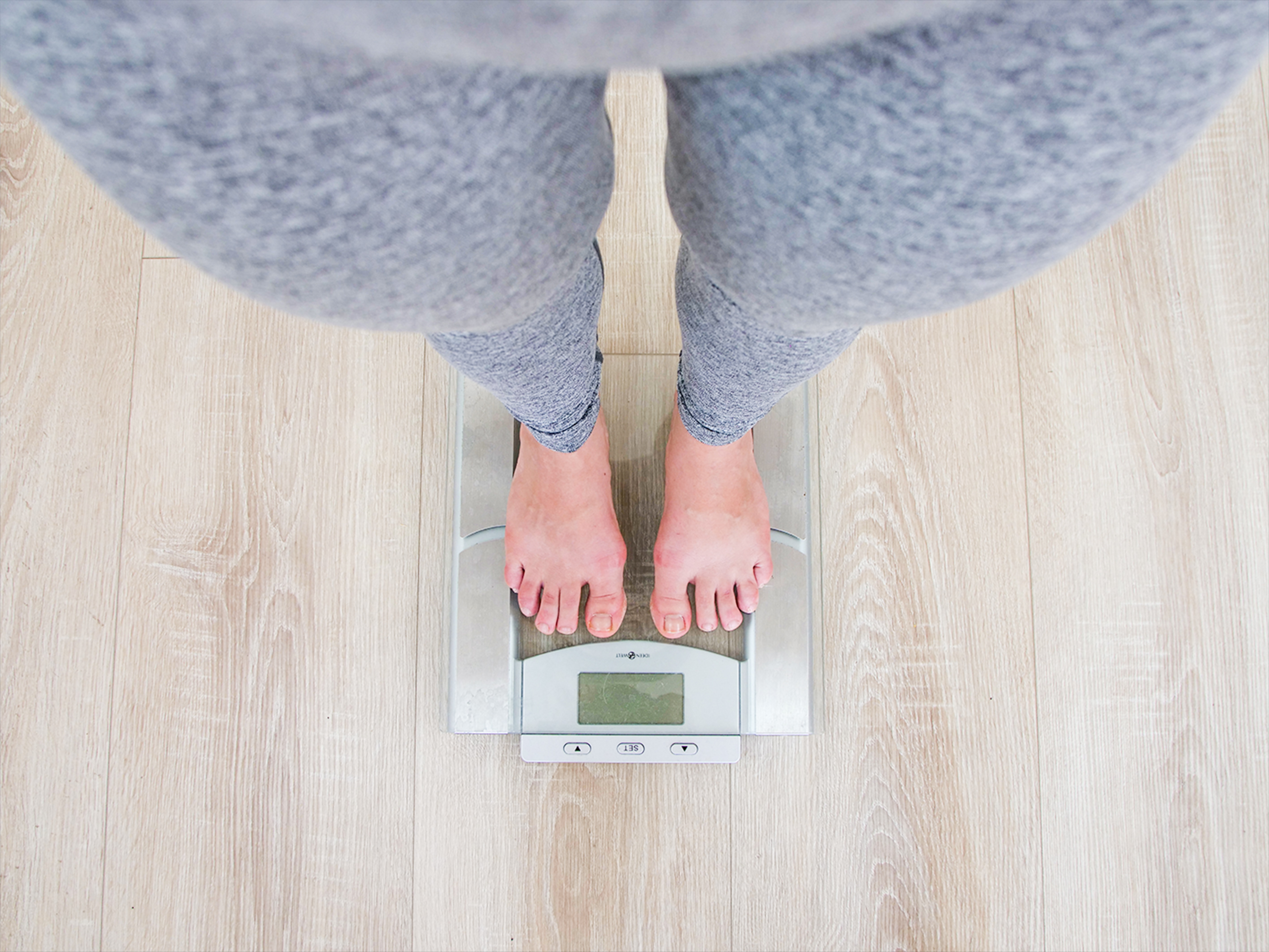Why is it important to weigh yourself?
What does the number on the scale say about you?
My clients say it is a way of “controlling what they eat” and “finding the motivation to eat healthy”.
The desire for control and attachment to the scale has deep roots.
The logic is simple: if you want to understand your fears, where you find meaning, a sense of belonging and self-worth, weigh yourself.
If the number is “correct”, you confirm that you’re doing things “well”; you deserve to belong and be desired. You control your life.
When the number is “wrong”, you question your decisions (“what am I doing wrong?”), you feel defective and inadequate, and the inner voice that judges you is louder than ever.
The scale has the power to determine your self-worth.
Ironically, the frustration of an unwanted number on the scale triggers the already familiar cycle of overeating, food obsession, frustration and self-loathing.
It’s not your fault. We women have learned that the answers are on the scale.
Thin privilege is a reality. Society doesn’t judge thin people. When you lose weight, the compliments of friends and family feel good (even if you’re starving, eating 700 calories a day, and can’t stop thinking about a slice of bread).
However, a number on the scale doesn’t satisfy the desire to belong or give certainty and meaning (that’s why you always feel that you are 3 to 5 pounds away from your goal, or when you weighed less in the past you still felt like you were “too heavy”).
The scale won’t teach you how to eat intuitively or take care of yourself in times of stress, either.
You may be thinking, “If I don’t weigh myself, how do I monitor my health?”
For starters, weight is not a proxy of health or well-being.
Your body is 60 percent water, and your weight can fluctuate several pounds in a few days mainly due to changes in your body water levels.
If you are worried that you’re “overweight” based on the Body Mass Index (BMI) table, you should know that the BMI is not a guideline for ideal weight.
BMI is the value that results from dividing your weight by your height squared. This number doesn’t discriminate fat and muscle, nor does it take into account your age, ethnicity, level of physical activity, your diet, your bone frame, your behaviors around food, or whether you have a disease.
The BMI assumes that there is a specific and “healthy” weight for everyone, which denies the obvious reality of body diversity.
Next time you feel the desire to weigh yourself, ask, what am I really looking for?
Written by Lina Salazar.


